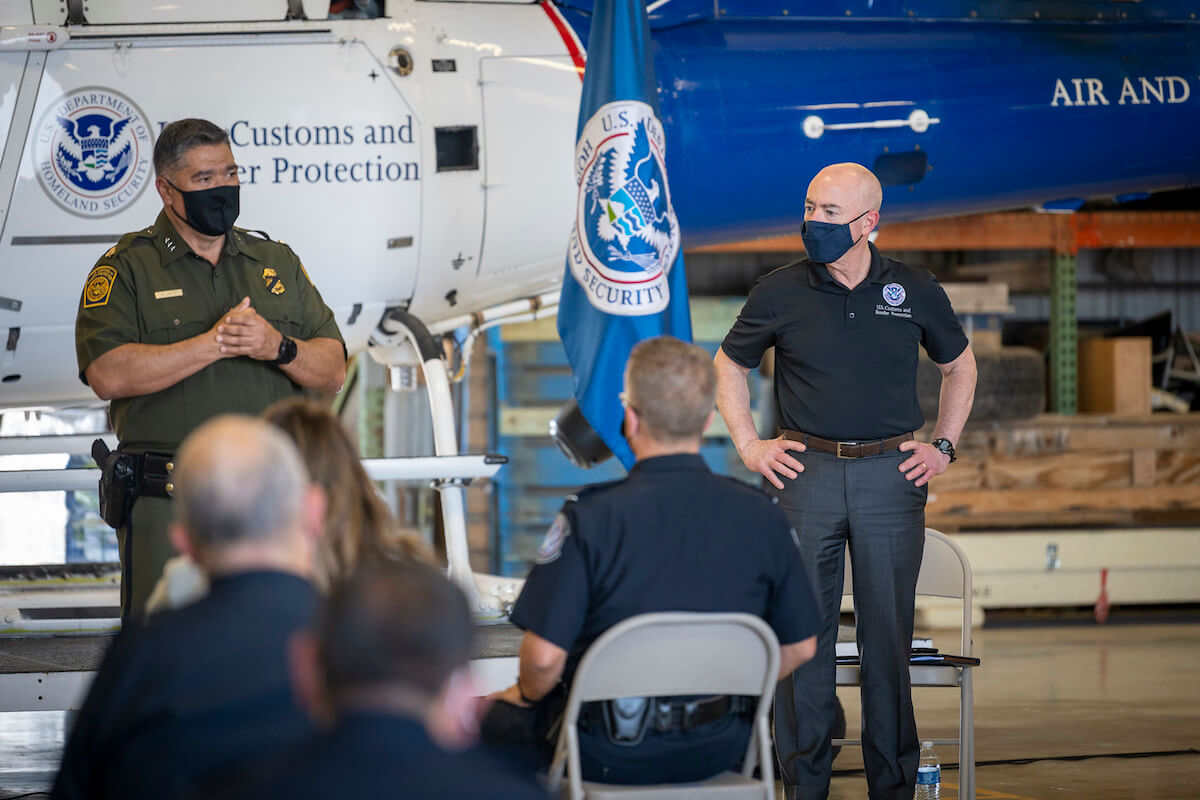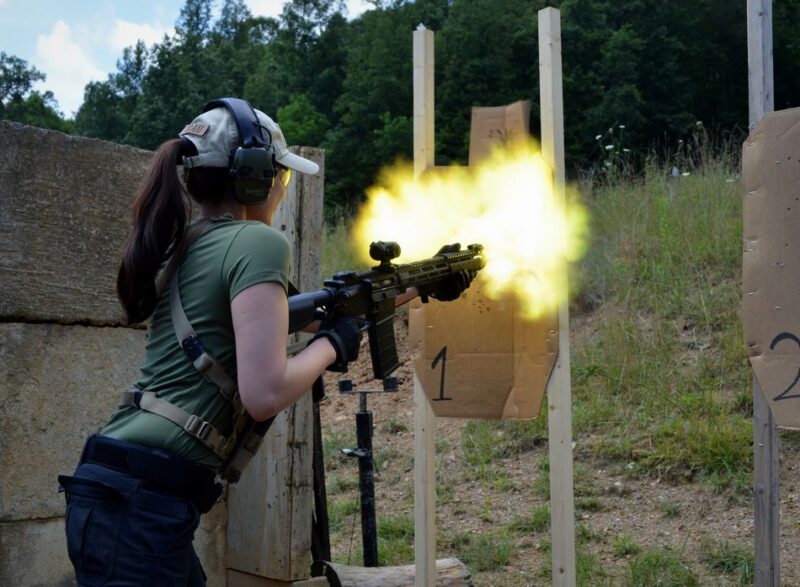In todays rapidly evolving world, the role of security guards has transformed dramatically from mere watchkeepers to critical components of safety and prevention strategies across various sectors. Continuous education has emerged as a pivotal element in navigating this transition.
As the landscape of threats becomes increasingly sophisticated, security professionals must equip themselves with the latest knowledge, skills, and technological advancements. This commitment to lifelong learning not only enhances their competencies but also opens doors to new career opportunities and responsibilities.
In essence, the journey of a security guard is not just about maintaining order; its about embracing growth, adapting to change, and preparing for the future. As we delve deeper into the significance of continuous education in this field, we will explore how it shapes careers, boosts confidence, and ultimately enriches the security profession.
The Evolution of the Security Industry

The security industry has undergone a remarkable transformation over the decades, evolving from rudimentary watchmen and simple locks to a sophisticated network of technology-driven solutions and strategic risk management. In the early days, security was a reactive endeavor—guards patrolled premises with little more than a flashlight and a whistle.
Fast forward to today, and we see an intricate tapestry woven with digital surveillance, cybersecurity measures, and advanced training protocols that emphasize not only physical safety but also situational awareness and crisis management. This evolution has necessitated continuous education and adaptation; as threats become more complex and diverse, so too must the skills and knowledge of security professionals.
From understanding the intricacies of high-tech alarm systems to mastering de-escalation techniques in high-stress scenarios, the modern security guard is now a crucial player in a larger, interconnected framework of safety and resilience.
Benefits of Ongoing Training for Career Advancement

Ongoing training serves as a powerful catalyst for career advancement in the security sector, equipping professionals with essential skills that evolve alongside industry demands. As threats grow more sophisticated, so too must the guardians of safety and security; continuous education allows them to stay ahead of the curve, adeptly navigating new technologies and methodologies.
This commitment to lifelong learning not only enhances their expertise but also significantly boosts their marketability, positioning them as frontrunners for promotions and specialized roles. Imagine a security guard proficient in cyber threat analysis or emergency response—a skill set that not only commands respect but also ignites opportunities.
Ultimately, ongoing training fosters a culture of confidence and resilience, empowering security personnel to tackle complex challenges head-on and ascend the career ladder with assurance.
The Future of Continuous Education in Security Guard Careers

The future of continuous education in security guard careers is poised for transformation, driven by the rapid evolution of technology and the increasing complexity of security challenges. As crime becomes more sophisticated, so too must the skills of those entrusted with public safety.
From advanced surveillance techniques to cyber-security awareness, the educational landscape will likely expand to accommodate a wider array of training modules that not only enhance hard skills but also emphasize critical thinking and situational awareness. Imagine a scenario where virtual reality simulations become common training tools, allowing security personnel to practice their responses to real-world threats in a controlled environment.
As employers begin to prioritize continuous learning as a hallmark of effective security practices, individuals who embrace lifelong education will not only advance their own careers but also elevate the industry as a whole. The integration of flexible learning platforms and on-device training will empower security professionals to refine their expertise in real time, fostering a more adaptive and resilient workforce ready to tackle emerging threats head-on.
In this dynamic setting, the mantra is clear: continuous education is not merely an option; it is an imperative for those aspiring to lead in the ever-evolving field of security.
Conclusion
In conclusion, continuous education plays a pivotal role in the career development of security guards, equipping them with the necessary skills and knowledge to navigate an ever-evolving security landscape. By investing in ongoing training, security professionals can enhance their proficiency in areas such as crisis management, technology use, and legal regulations, ultimately leading to improved job performance and career advancement.
Institutions like Pacific West Academy exemplify the commitment to fostering a well-educated workforce in the security sector, offering comprehensive programs that empower individuals to excel in their roles. As the demand for highly trained security personnel continues to grow, embracing lifelong learning will not only benefit individual careers but also contribute to the overall safety and security of the communities they serve.


